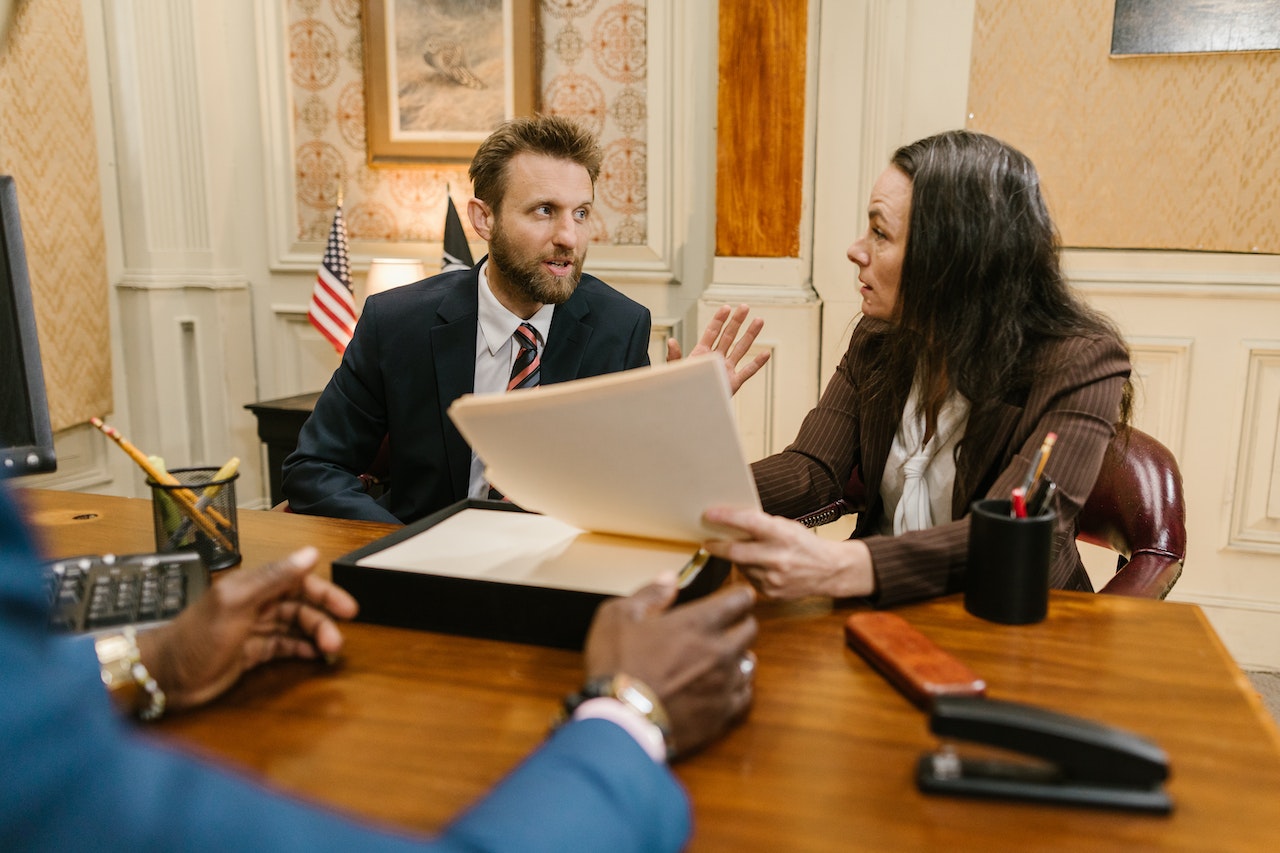Premises liability lawsuits can be complex and challenging for the injured parties seeking compensation and for the property owners or occupiers defending themselves. Negotiating a fair settlement is a crucial part of the process, but it’s easy to make mistakes that can impact the case outcome. In this blog post, we will discuss common mistakes to avoid during premises liability lawsuit negotiation to help both plaintiffs and defendants navigate this legal terrain successfully.
Failing to Gather Sufficient Evidence
One of the biggest mistakes in premises liability lawsuits is not collecting enough evidence to support your case. Plaintiffs should document the accident scene, take photographs, collect witness statements, and preserve relevant physical evidence. Defendants should also gather evidence to demonstrate that they fulfilled their duty of care to maintain a safe environment. Without strong evidence, negotiations become significantly more challenging.

Not Understanding the Value of the Case
Both plaintiffs and defendants should have a realistic understanding of the case’s value before entering negotiations. Failing to assess the potential value accurately can lead to unrealistic demands or offers. Plaintiffs should consult with experienced attorneys to determine the extent of their damages and the appropriate compensation, while defendants should seek legal counsel to evaluate their liability and potential exposure.
Delaying the Negotiation Process
Delaying negotiations can be detrimental to both parties in a premises liability lawsuit. Plaintiffs should not wait too long to initiate negotiations, as evidence may deteriorate, witnesses’ memories may fade, and statutes of limitations may apply. On the other hand, defendants should not delay negotiations in the hope that plaintiffs will become more desperate to settle. Delays can escalate legal costs and make the negotiation process more contentious.
Overvaluing or Undervaluing the Claim
Overvaluing or undervaluing a premises liability claim can hinder productive negotiations. Plaintiffs who demand an unreasonably high settlement may be met with resistance from the defense, leading to protracted negotiations or even litigation. On the other hand, defendants who underestimate the claim’s value may pay more in the long run if they fail to secure a reasonable settlement.

Neglecting to Consult with Legal Counsel
Negotiating a premises liability settlement without the guidance of experienced legal counsel is a substantial mistake. Both plaintiffs and defendants benefit from having legal representation who can provide valuable insights, assess the strength of the case, and advocate effectively during negotiations. Attorneys can help clients avoid common pitfalls and protect their rights and interests.
Ignoring the Role of Comparative Negligence
Comparative negligence can have a significant impact on premises liability cases. Plaintiffs who contribute to their injuries through their negligence may have their compensation reduced in proportion to their fault. Defendants should assess whether the plaintiff’s actions played a role in the accident and factor that into their negotiation strategy. Plaintiffs should be aware that their own negligence can affect their potential recovery.
Failing to Consider Long-Term Consequences
Settlement negotiations should not focus solely on immediate compensation but also consider long-term consequences. When assessing their settlement demands, plaintiffs must account for future medical expenses, ongoing rehabilitation, and potential lost wages. Defendants should consider the potential for negative publicity, increased insurance premiums, and the impact of a drawn-out legal battle on their business reputation.

Letting Emotions Drive Negotiations
Emotions can run high during premises liability negotiations, especially when serious injuries or a business’s reputation is at stake. However, allowing emotions to dictate the negotiation process can lead to impulsive decisions, unrealistic demands, or intransigence. Both parties must approach negotiations with a level head guided by facts, evidence, and legal counsel.
Premises liability lawsuit negotiations require careful consideration, preparation, and strategic thinking to achieve a favorable outcome for plaintiffs and defendants. By avoiding common mistakes such as failing to gather sufficient evidence, delaying negotiations, not understanding the case’s value, overvaluing or undervaluing the claim, ignoring comparative negligence, neglecting legal counsel, and letting emotions take over, parties can increase their chances of reaching a fair and equitable settlement. Successful negotiations can expedite resolution and minimize premises liability lawsuits’ financial and emotional tolls.

